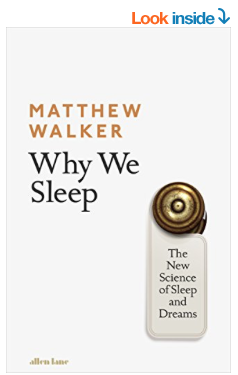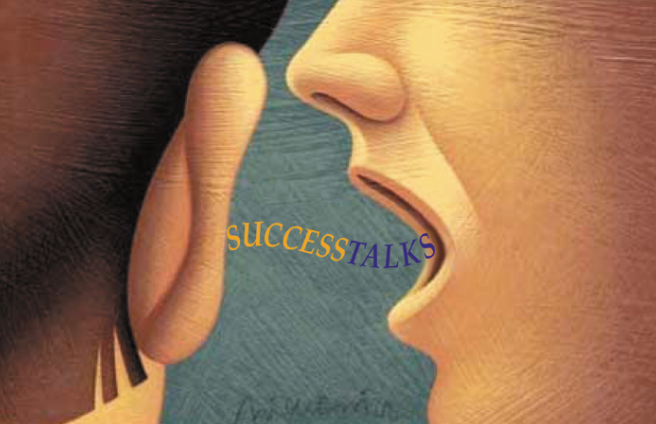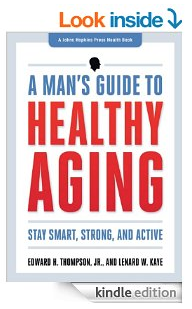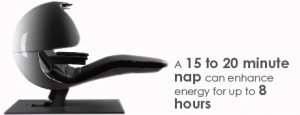Sleep is the best medicine
It looks like sleep is the panacea that can solve most of your problems. Health-wise, sleep will protect you from flu and infections, heart disease, mental health problems, dementia, and accidents among other things as well as help you lose weight and make you look younger (beauty sleep). Sleep will boost your overall performance and make you more productive, creative and socially adept. When learning is concerned, sleep will boost your memory. One of the key functions of sleep is to process and consolidate your memory.
“Routinely sleeping less than six or seven hours a night demolishes your immune system, more than doubling your risk of cancer.”
Interestingly enough, the 108th Nobel Prize in physiology or medicine for 2017, has been awarded to a trio of American scientists, Jeffrey C Hall, Michael Rosbash and Michael W Young, for their discoveries on the molecular mechanisms controlling circadian rhythms – in other words, the 24-hour body biological clock, that helps to regulate sleep patterns, feeding behaviour, hormone release and blood pressure. Their discoveries have explained, “how plants, animals and humans adapt their biological rhythm so that it is synchronised with the Earth’s revolutions.”
“Sleep is the single most effective thing we can do to reset our brain and body health each day. Sleep is the best medicine.” Professor Matthew Walker





